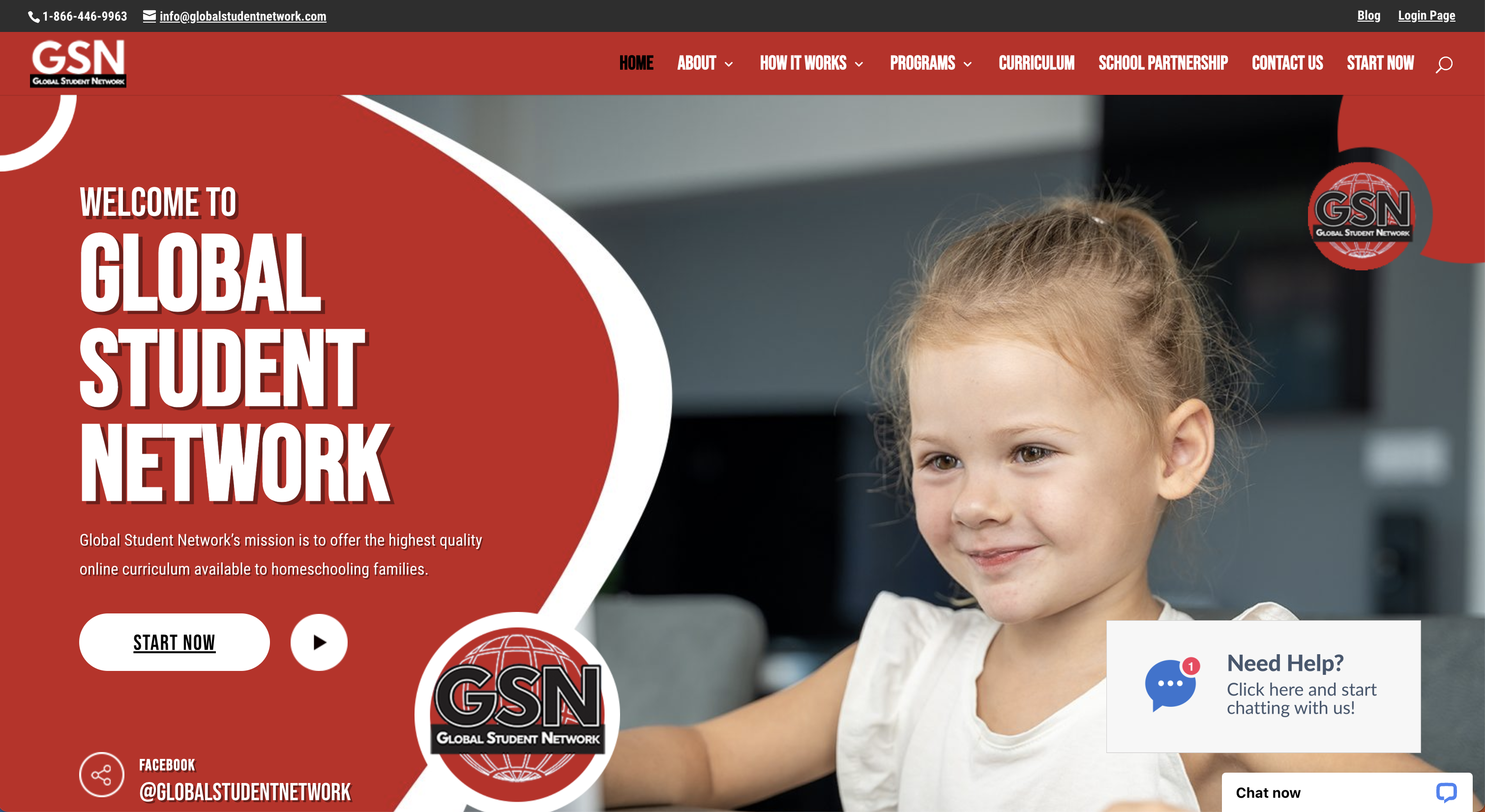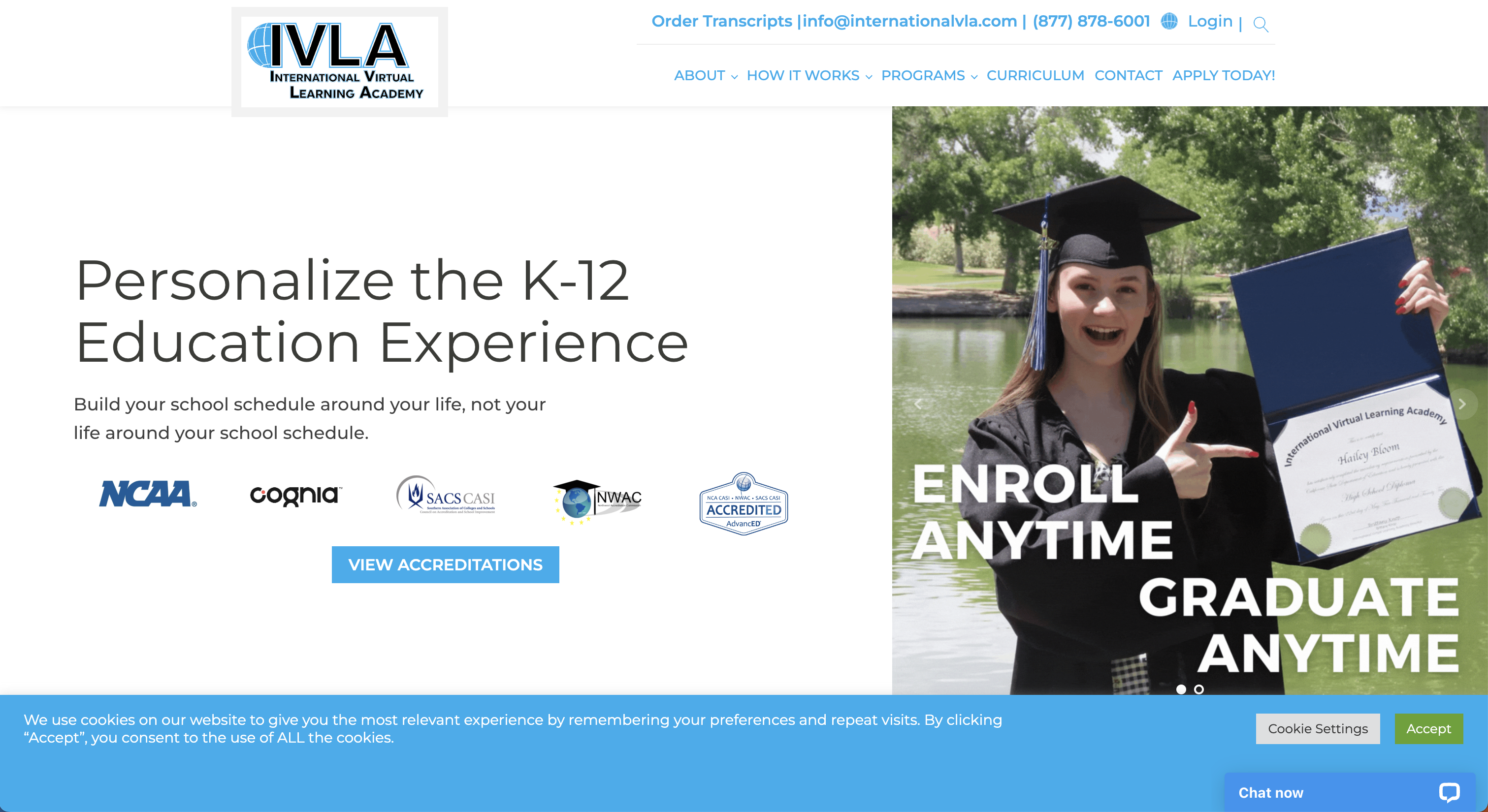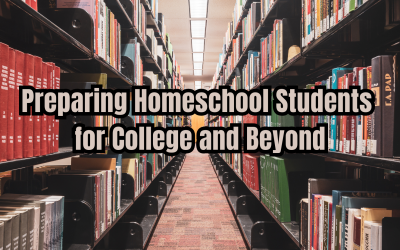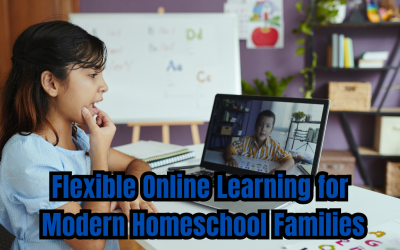Homeschool Facts
Homeschooling Information and Resources
BLOG
About Homeschool Facts
Homeschool Facts was originally created by a group including homeschooling parents, licensed educators, counselors and researchers who were all passionate about the idea of “choice” in relation to K-12 education, especially as related to a parent’s right to choose the structure and format of their children’s education.
The purpose of this website is to share up-to-date information about homeschooling with parents and educators interested in the idea of homeschooling. If you belong to a homeschool support group, please check out the state-by-state listings to be sure your group’s information is current. (All homeschool support group listings are free.)




Academic Flexibility
Homeschooling can work whether a child is ahead, behind, strong-willed, creative, challenging, quiet, gifted, or active.
Meeting Current Needs
You can prioritize a child’s mental, emotional, behavioral, and physical health.
Efficient Learning
A low student-teacher ratio, without wasted time and busy work.
Homeschooling Benefits

Pace & Approach
You’re in charge of the schedule, grade level, learning approach, curriculum, and in most places, even graduation requirements.
Meaningful Learning
Avoid teaching to the test, testing mania in general, and arbitrary minimal standards.
Friendly Environment
Family is the best foundation for social development as well as values and faith development.
Homeschool Facts Blog
Why Accredited Online Curriculum Matters for Homeschoolers
Accreditation is an important consideration for homeschool families who want their student’s education to be widely recognized. Accredited curriculum ensures that courses meet established academic standards and that credits and transcripts are accepted by colleges and...
How Homeschool Parents Can Stay Connected with Online Learning
Homeschooling already gives parents a front-row seat in their child’s education, and online learning tools can make staying connected even easier. Many platforms provide real-time access to student progress, assignments, and grades. Global Student Network offers...
Preparing Homeschool Students for College and Beyond
A common question among homeschool parents is whether online curriculum can prepare students for college and future careers. The answer is yes—especially when students are enrolled in a structured, accredited program. Online education helps students develop...
Flexible Online Learning for Modern Homeschool Families
Homeschooling families today are looking for education options that fit their unique routines, schedules, and learning styles. Unlike traditional classrooms with fixed schedules, online learning gives families the freedom to design an academic day that works best for...
Beating the Winter Blues in Your Homeschool
For many families, January brings colder weather, shorter days, and less time outdoors. This can sometimes lead to a case of the “winter blues,” making homeschooling feel a little harder than usual. The good news is that there are plenty of ways to keep spirits high...
Starting the Homeschool Year with Fresh Energy
January feels like a new beginning for many families, and homeschoolers can use this time to refresh their routines and outlook. After the holiday season, it’s helpful to ease back into lessons with excitement and motivation. Start by setting small, achievable goals...
Why Parents Choose to Homeschool
A report by the U.S. Department of Education, National Center for Education Statistics entitled “Parent and Family Involvement in Education Survey,” showed that just over 1.7 million children were homeschooled during school year 2011-12. In response to the survey question “Are you concerned about the school environment, such as safety, drugs, or negative peer pressure,” 91% of the parents participating in the survey indicated that this issue was important in making the decision to homeschool their children. Another 77% expressed a “desire to provide moral instruction” to be a primary incentive. 74% indicated their dissatisfaction with academic instruction at other schools; 64% intended to use the homeschooling experience to provide religious instruction; and another 44% stated a “desire to provide a nontraditional approach to [their] child’s education.” 15% of the survey participants reported turning to homeschooling based on “other special needs” or “a physical or mental health problem” as the driving force in their education-related parental decision making. An additional 37% expressed “other reasons” that were not included in the study.

Other Top Reasons Parents Give for Choosing to Homeschool Their Children…
- The high cost of private schools;
- The convenience of flexible scheduling, especially for parents who work from home and those who travel for thier jobs;
- The opportunity to further challenge their children;
- The ability to travel whenever needed or desired;
- The opportunity to challenge gifted children while maintaining appropriate developemental levels; and
- The genuine desire to spend more time with their kids as they grow and learn.
How Do Homeschool Students Compare Academically?
Socialization: The level of socialization homeschool students enjoy is entirely dependent on how the adult(s) in charge of the experience coordinate and manage opportunities for outside activities. Not everyone who homeschools takes the time to plan extra-curricular activities or involve their children in the community. Generally speaking, homeschool kids go on field trips with other homeschooled kids; attend topically interesting classes and seminars at local museums, zoos, and other places; start home businesses; play sports and are involved in art, drama and music lessons. The Public Broadcasting Service (PBS) “PBS Parents” Web page quotes National Home Education Research Institute president Brian Ray who believes that socialization is not a problem for the vast majority of homeschool students. Mr. Ray reports that “Research shows that in terms of self-concept, self-esteem and the ability to get along in a group, homeschoolers do just as well as their public school peers.”
To assist in the student learning and socialization process, IVLA (www.internationalvla.com) offers homeroom sessions through a mentoring program designed to give full-time students the opportunity to interact and build relationships with other students.
A 2011 small-sample study led by Sandra Martin-Chang of Concordia University* and using Canadian participants, found that “structured homeschooling” – where clear education goals are set and structured lessons in the form of either purchased curricula or self-made lesson plans (or a combination of the two) – produced academic performances much better than those achieved by same-level students in public school. Specifically, in five of seven test areas (word identification, phonic decoding, science, social science, humanities) structured homeschoolers tested at least one grade level ahead of public schoolers. They were almost a half-a-year ahead in math, and slightly, but not significantly, advanced in reading comprehension.
However, in every test area, homeschoolers experiencing an “unstructured” learning environment – where premade curricula and structured lesson plans are rarely or never used – achieved lower scores than did “structured” homeschoolers. In fact, in five of the seven subject areas, where the structured homeschoolers performed above grade level, the unstructured homeschoolers performed below grade level. In addition, the study reported that unstructured homeschoolers also performed worse than the public school kids did, though by a small margin.
The Huffington Post Teen page for 3/28/15 cites a U.S. News and World Report article published in 2012 based on statistics provided by the National Home Education Research Institute. These statistics indicate that more than 2 million U.S. students in grades K-12 were home-schooled in 2010, accounting for nearly four percent of all school-aged children. The same Huffington Post page notes that, according to a study that compared graduation rates at one doctoral university from 2004-2009, students coming from a home school graduated college at a higher rate than their peers — 66.7 percent compared to 57.5 percent — and earned higher grade point averages along the way (Cogan, Michael; “Exploring Academic Outcomes of Homeschooled Students,” University of St. Thomas, 2009).
Resources

Global Student Network
Global Student Network’s mission is to offer the highest quality online curriculum available to homeschooling families. GSN offers a wide range of online curriculum options. We have over 2000 course offerings including Honors, AP®, World Languages, and Career and Technical Education courses.

International Virtual Learning Academy
IVLA is an accredited online private school that allows students to choose their own educational path while meeting the expectation of a larger future. IVLA provides experiences beyond the traditional classroom; allowing students the freedom to meet their personal goals.

Equip Christian Academy
Equip Christian Academy is an accredited, online private Christian school serving students in grades K-12. Equip is devoted to providing each student an outstanding faith-based education. We are dedicated to supporting families that want their children to have an exceptional, accredited, academic experience from home.
BLOG





